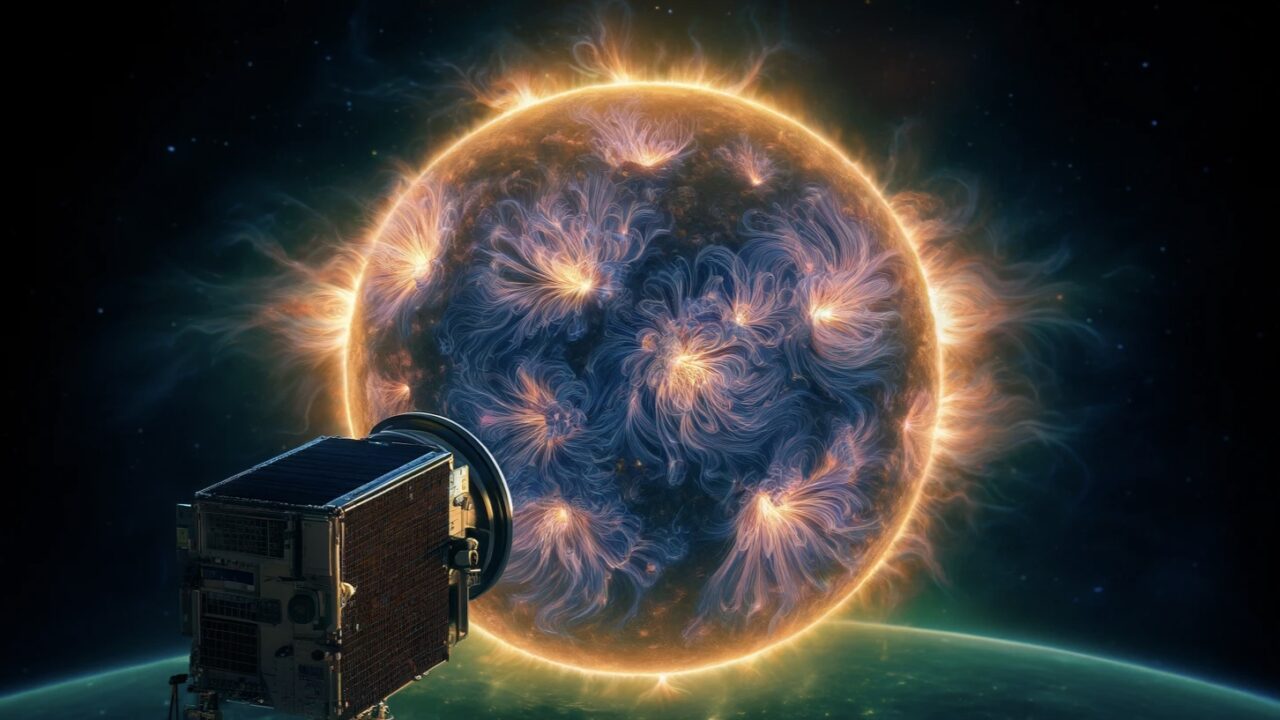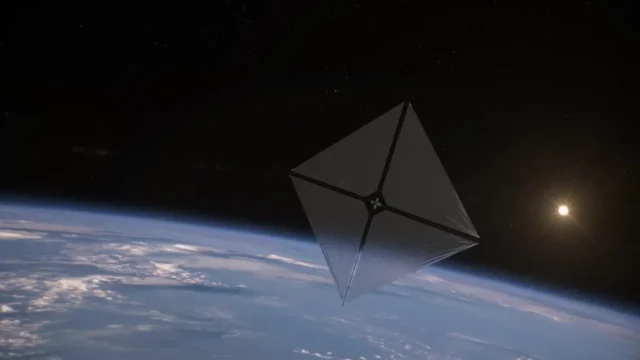We’ve known the Sun, the heart of our solar system, but thanks to ESA’s Solar Orbiter mission, we’ve had the chance to observe it in a fuzzy structure we’ve never seen before. The thin, filament-like structures on the surface of the Sun are fascinatingly showcased in this new video. Captured by the Solar Orbiter, this video was recorded at a distance only one-third of the distance between Earth and the Sun, which allows us to see these incredible images so clearly. Here are the details…
The Sun has never been this ‘fuzzy’ before! Solar Orbiter captured breathtaking images
These plasma structures, starting from the lower atmosphere of the Sun and extending towards the outer corona, follow the magnetic field lines. The video also reveals some rarely seen features on the surface of the Sun. These structures, called ‘coronal moss,’ include delicate, lace-like formations often unnoticed due to their high temperatures, but visible in regions with strong magnetic fields, typically at the center of sunspots, where large coronal loops form.

This ‘fuzzy’ appearance unveils an unknown aspect of the Sun. The video also includes ‘spicules,’ high gas columns rising from the Sun’s chromosphere, reaching up to 10,000 km, and ‘coronal rain,’ dense plasma clusters cooler than the surface of the Sun, falling back to the Sun due to gravity.
A small eruption observed around the 20th second of the video actually shows a tiny portion of a flare larger than Earth. During this eruption, cooler material is lifted upward and mostly falls back.
This striking recording demonstrates the value of missions like Solar Orbiter in better understanding the Sun and its impressive nature. These discoveries not only shed light on the physical effects of the Sun in our daily lives but also contribute to a deeper scientific understanding.
The ‘fuzzy’ and dynamic portrait of the Sun has illuminated previously unseen aspects of this magnificent star in our universe. What are your thoughts on these images captured by the Solar Orbiter? How much further do you think humanity can advance in unraveling the secrets of the universe? Feel free to share your opinions in the comments below.




 Shiftdelete.net
Shiftdelete.net









